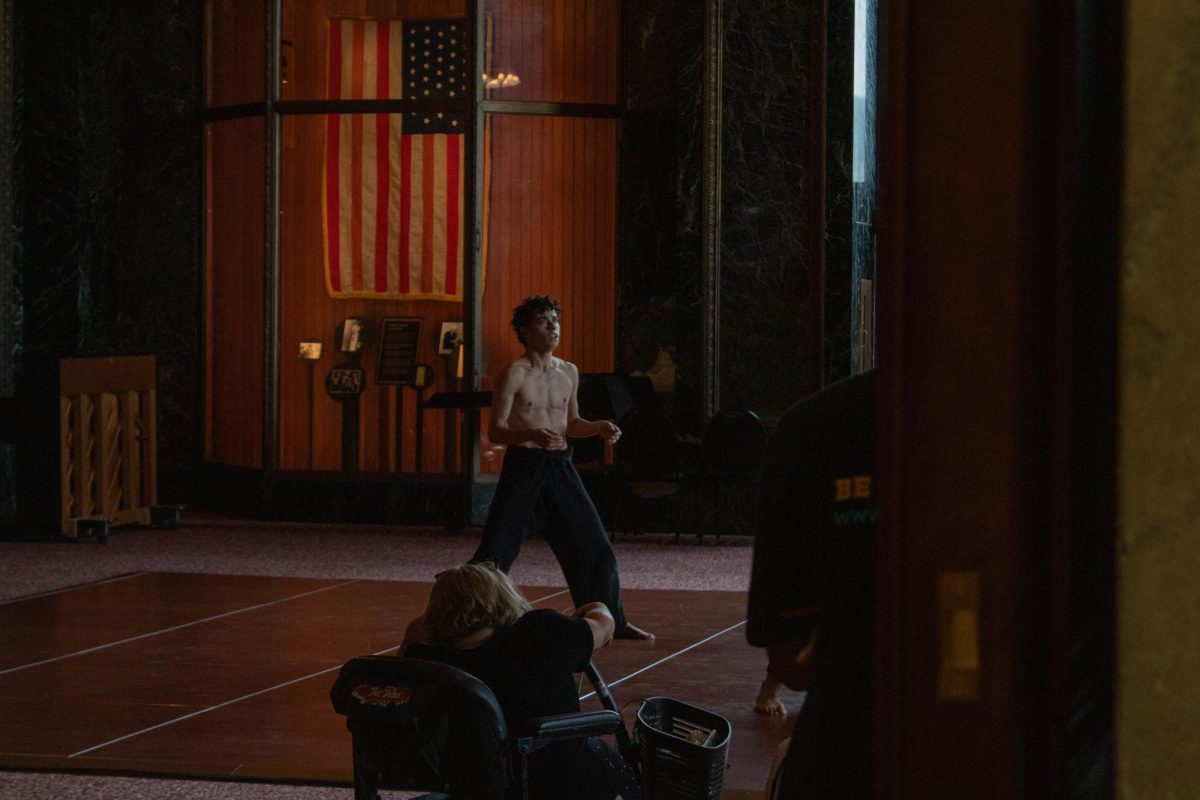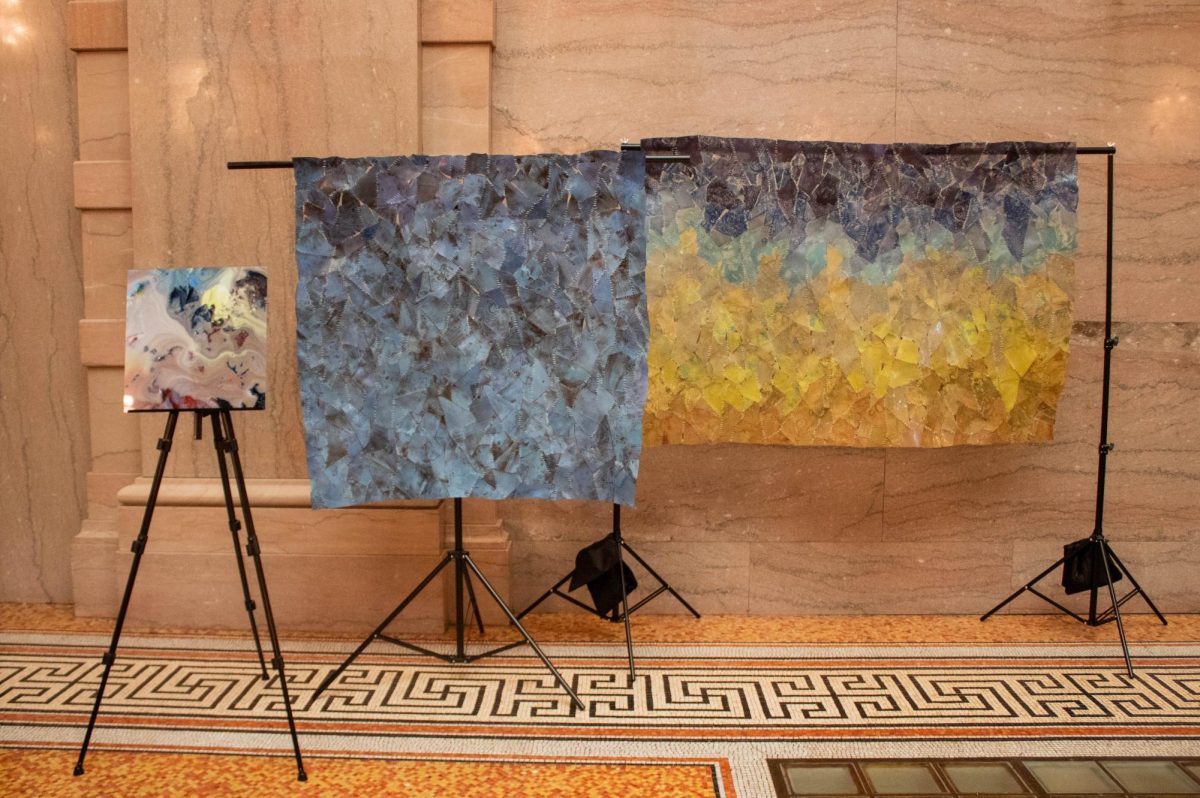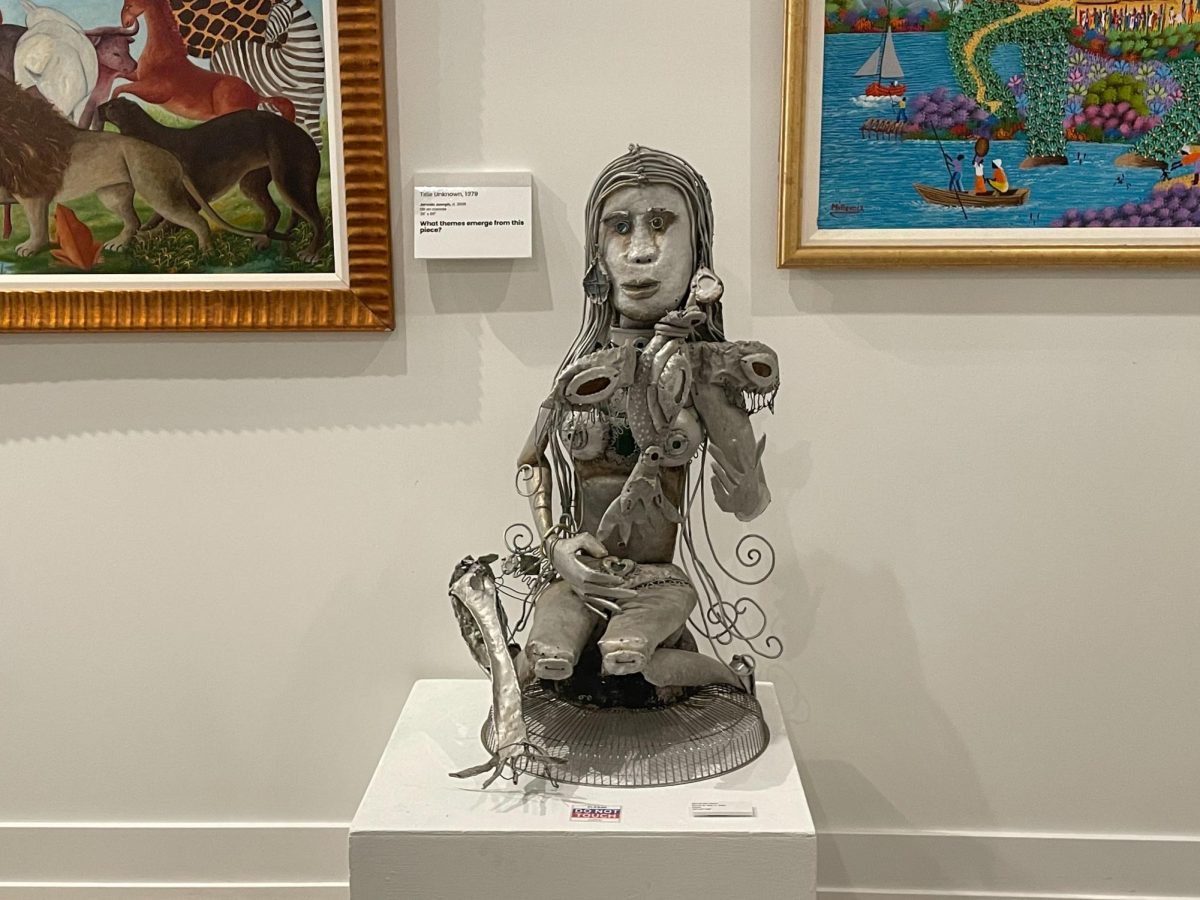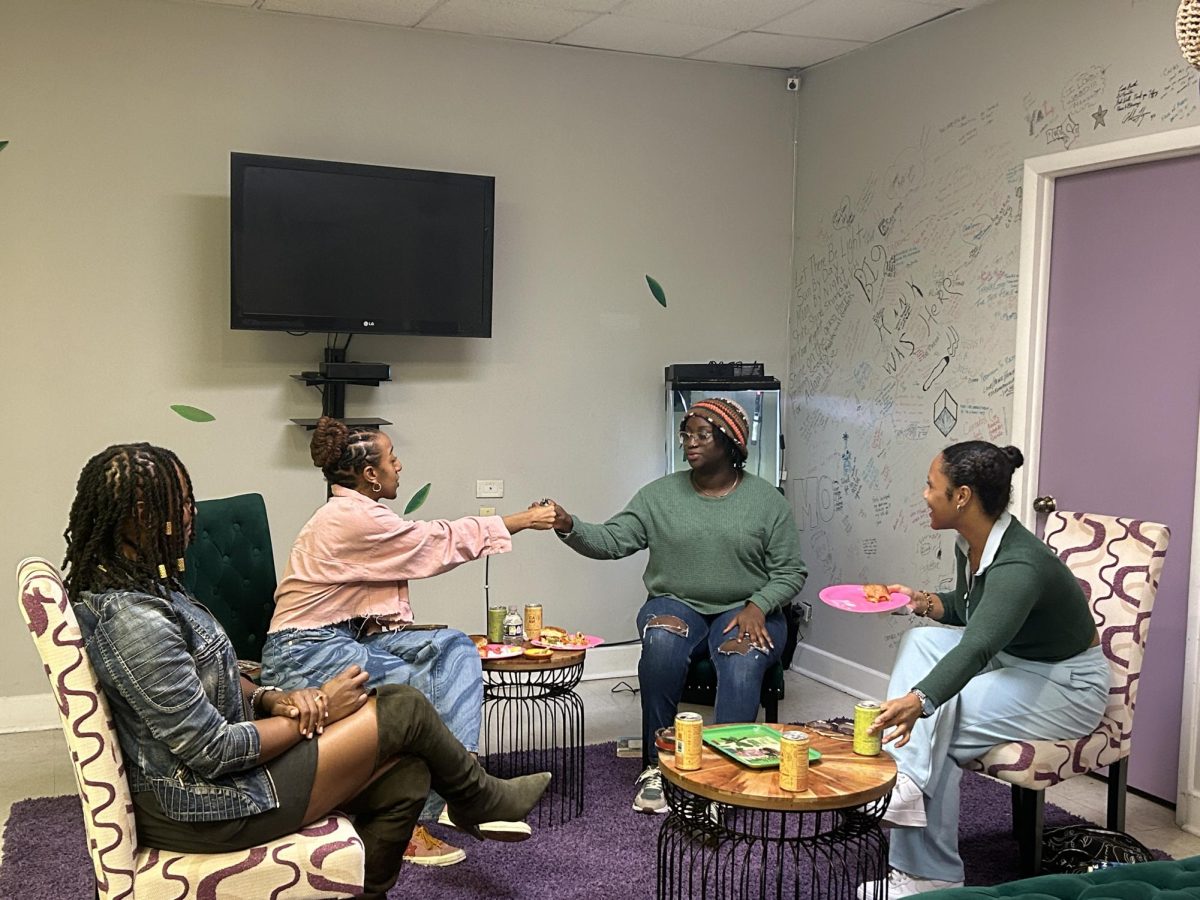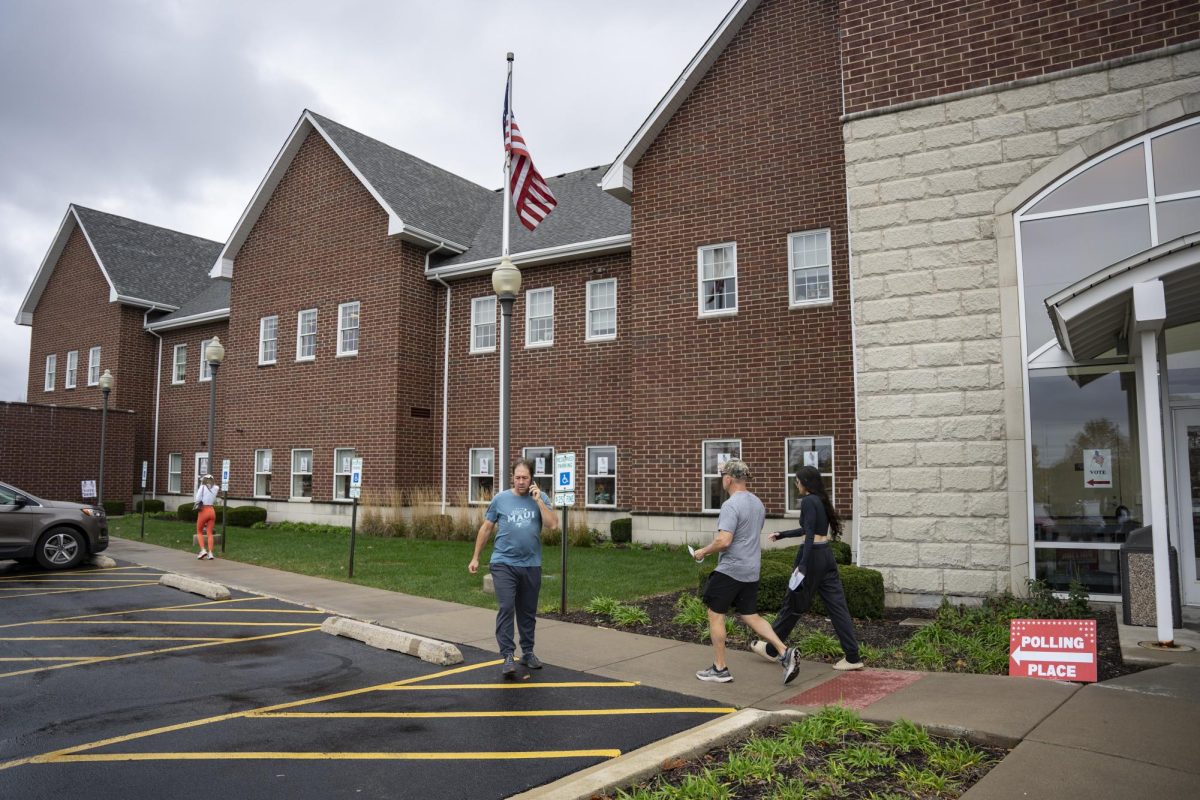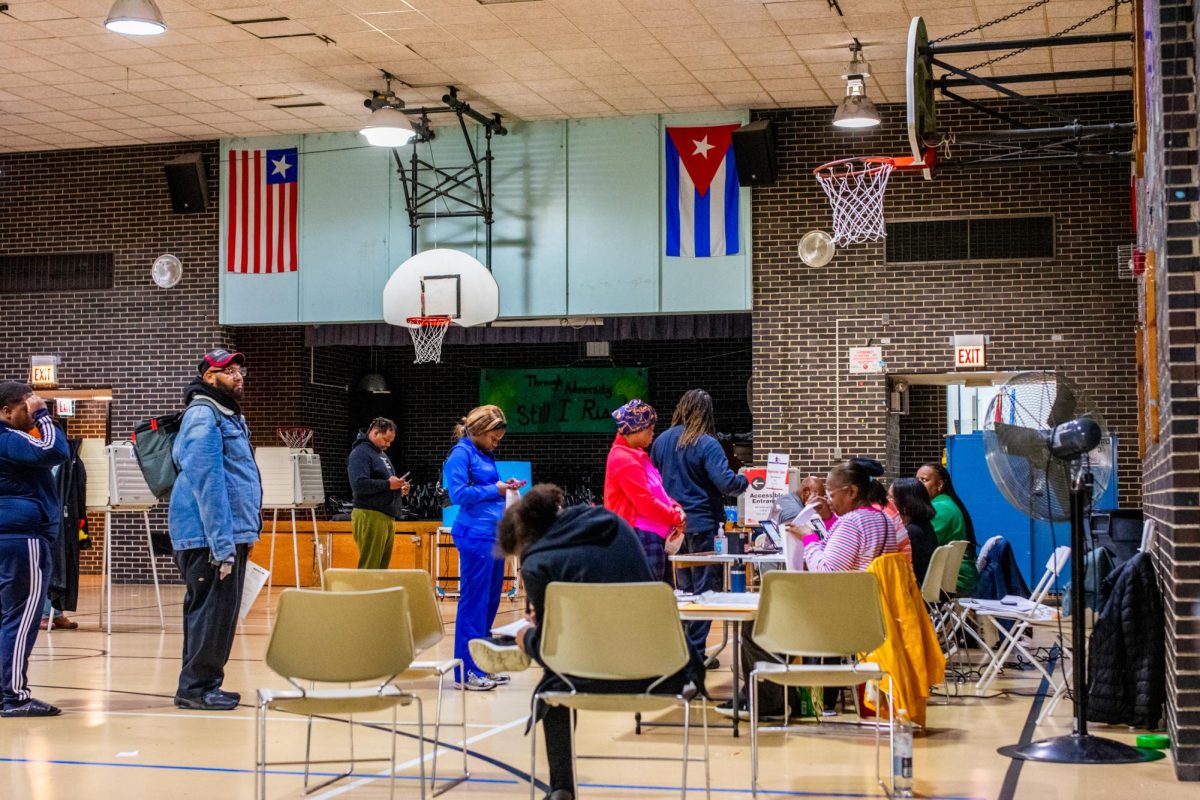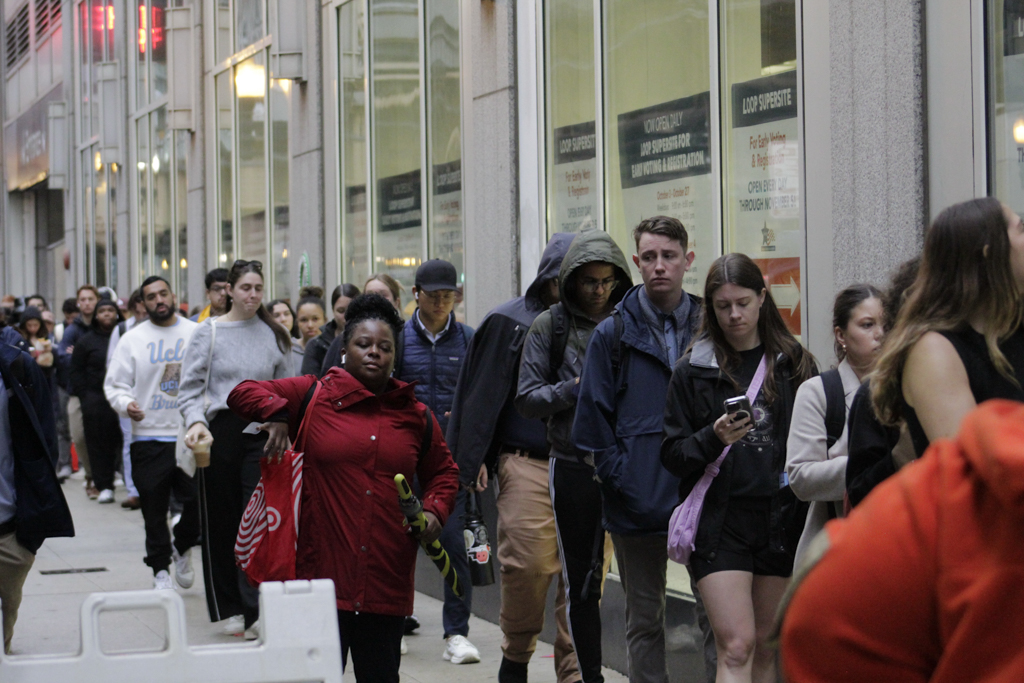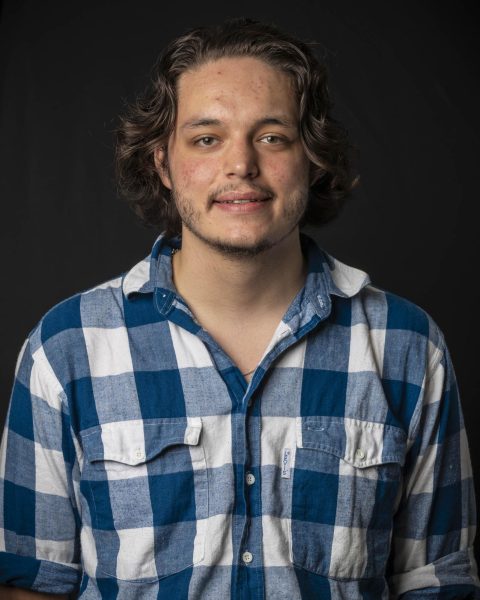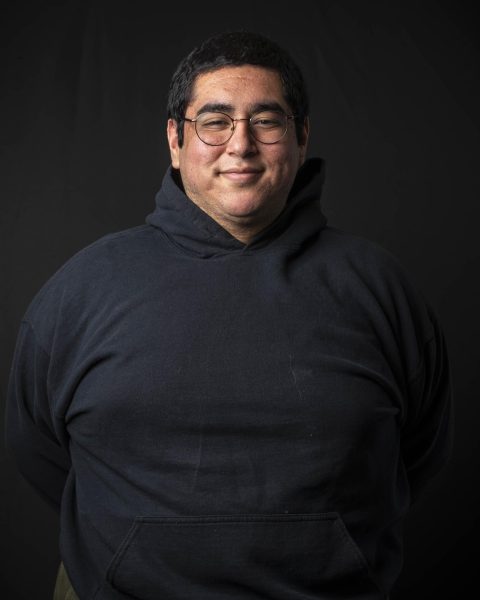A flash mob filled Daley Plaza Friday afternoon, and the full jazz band, rapper performance and groups of dancers were all individuals living with a disability.
The big crowd capped off the 20th annual Disability Pride Parade — but the celebration was just starting. DisFest opened at the Chicago Cultural Center a few blocks away.
The first-ever DisFest, a festival celebrating disabled artists in and around Chicago, included visual artists, short films, interpretive dancing and much more.
The celebration was made possible through a grant from the city’s Department of Cultural Affairs and Special Events. It was a partnership between two organizations, Chicago Inclusive Dance Festival, a dance workshop festival for the disabled community, and ReinventAbility, an organization that runs dance groups with workshops, inclusion seminars all to build a strong community for people with disabilities.
On the first floor of the Cultural Center was a showing of six different short films made by disabled directors. On the second floor, three artists worked on projects at separate tables; one person making pins, another tearing medical film, and the third artist drawing to the music of harp.
The next room was a ballroom where dance companies — like Tango 21 Dance Theater and Momenta Dance Company — performed. One dance piece, titled “Bringer of Your Hair (BOYH),” was performed by Robby Williams and Tatiana Castañeda. Williams said the festival was “absolutely monumental.” Though disability is a “huge hurdle” in the dance world, Williams said that there is progress being made.
Ladonna Freidheim, the founder and executive director of ReinventAbility and founder of DisFest, participated in the tango performance and the dance workshop. Friedheim said that the festival felt “unreal” with the turnout.
“I had this big vision and I expected something small for the first time but it’s really blossomed,” she said. “I’m just so pleased.”
The event’s exciting energy was also felt by Deborah Goodman, founder and curator of Chicago Inclusive Dance Festival and co-director of DisFest.
“This is important on many levels. On the first level, it’s an opportunity for everyone to get together and see each other in one place, so it’s a party and full of joy,” Goodman said. “The other thing is to allow these artists to show their work to a larger audience and also to let the rest of the world see that disabled artists have as much to contribute as much as any other artist in the world.”
Goodman said the festival teaches so many lessons. “We don’t know ourselves as humans until we have heard as many voices as we can hear,” she said. “This is a way that we can learn more about the human condition.”
During his and Casteñada’s performance, Williams gave advice to anyone that feels they can’t do something because of their disability. “The hardest thing to overcome is the inner voice that judges you, that’s like ‘oh I can’t go there, it’s weird, I don’t know what to do.’ The first step is just getting to there, then you can figure it all out after,” he said to the crowd.
The day continued with dozens of different artists getting to present their creativity. Artists Deanna Kruger had a table set up for her interactive piece, titled “Shards.” It is acrylic paint on recycled medical diagnostic film that participants could tear up and then staple back together.
“Disabled people are so used to having scans and X-rays,” Kruger said. “Wouldn’t it just be so nice to just tear up the negativity and then staple it back together?”
As DisFest came to a close, Freidheim ended with a message to the next generation. “We can teach people how to be more inclusive. If the next generation, people in college now, learn that in school then it won’t seem scary and intimidating because you’ll already be introduced.”
The next festival ReinventAbility will participate in is CounterBalance, an annual showcase of dancers and choreographers with disabilities around the city. The fest is set to take place Sept. 30-Oct. 1 at the Center on Halsted, located in Chicago’s Northalsted neighborhood.
Andres Guerra contributed to this story.


